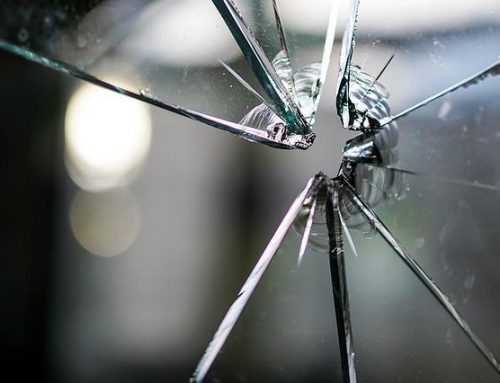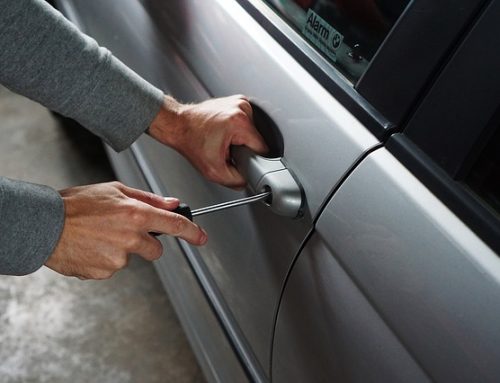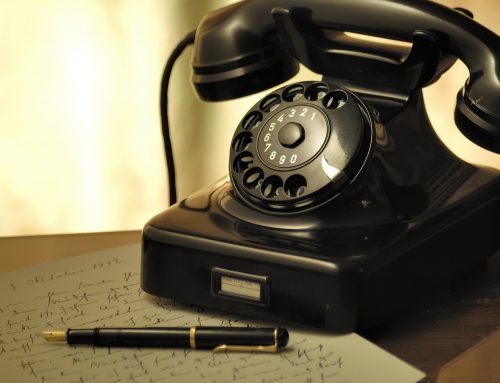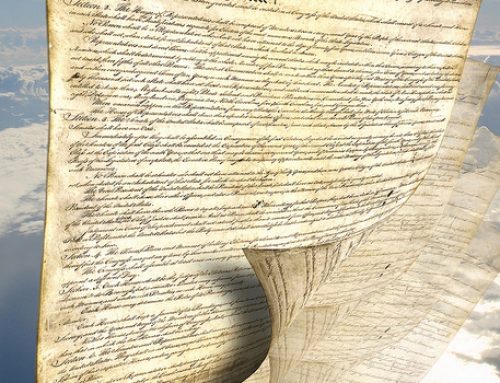Bail is mandated by the US Constitution to not be “excessive,” which means that the sate cannot set your bail so high that it’s impossible to get bailed out. By-and-large this is a good thing, but words like “excessive” and “expensive” are subjective, and some people still have trouble paying their bail bond amount. Whether because it’s expensive or simply because they don’t have that kind of cash on hand.
In these cases, collateral is usually used to cover the cost of a bail bond. Below are a few types of commonly-used collateral items in the bail bond industry.
Real Estate
Real estate is an obvious one because most people tend to own a house (or, at least they did). Real estate properties that are acceptable for use as collateral can be varied. What’s important is that the value of the property is at least twice the amount of the bail bond. It can take time to have property properly appraised, especially real estate, but it’s important for all parties involved to have an accurate assessment of the property’s value.
Vehicles
Vehicles are next on the list since they tend to be highly valuable. You can use the title of a car, motorcycle, truck, or other type of vehicle including RVs, boats, campers, and trailers.
It’s important to note that with vehicles as well as real estate items, you must own the property outright or have a very high amount of equity in the property for it to be eligible for collateral. Additionally, the value of the vehicle must be more than than the total cost of bail.
Stocks, Bonds, Investments
The third item on this list includes stocks and bonds. To use an investment like this as collateral, it must be a guaranteed investment worth more than what the bail bond is worth (similar to using properties as collateral). You must also be legally able to sign over ownership of the stocks and/or bonds.
As long as the defendant shows up for their court obligations, the property will be returned to you once their case concludes. However, should they not, the property is forfeit in lieu of the bail amount.








Leave A Comment